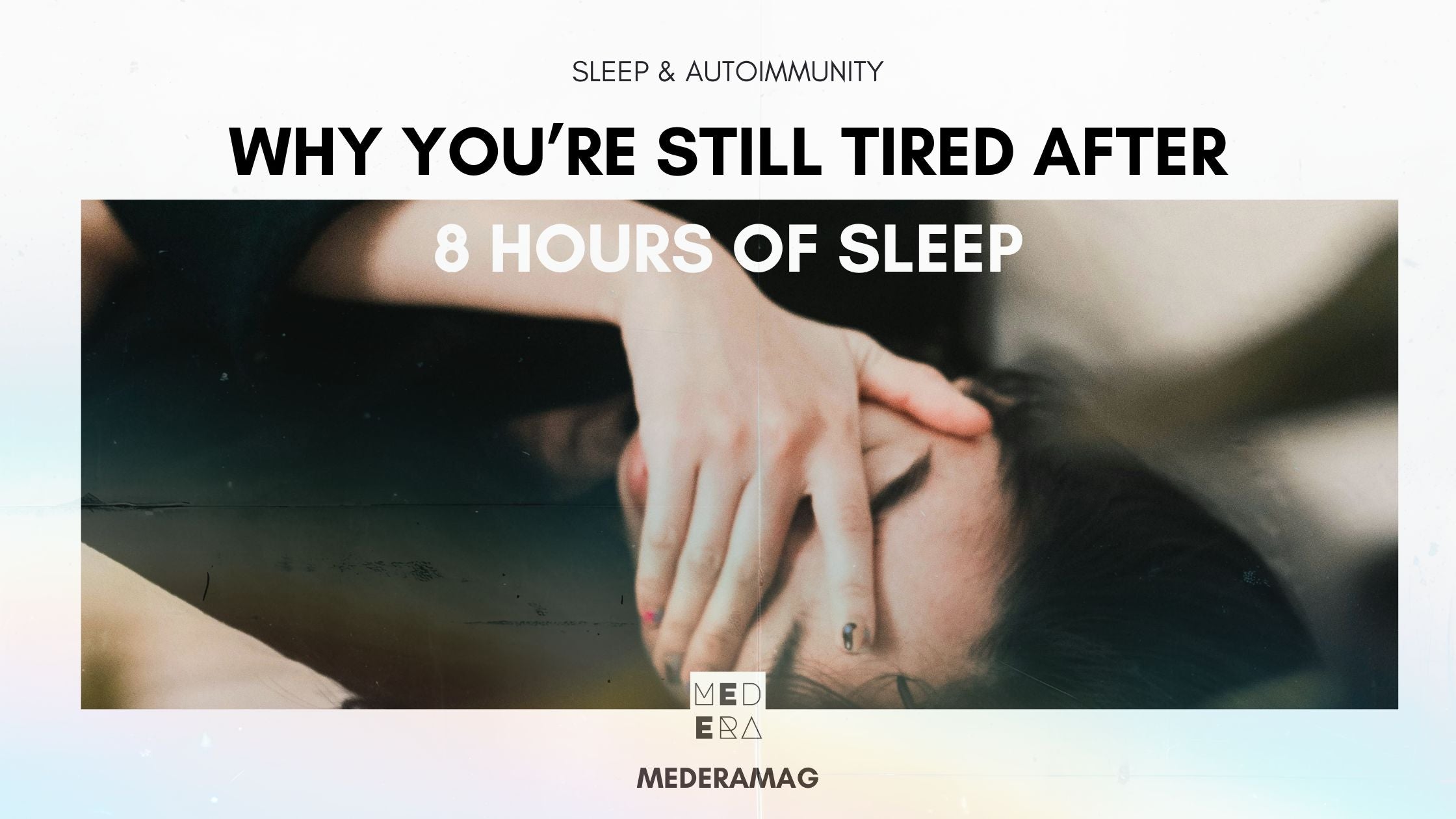
Why You’re Still Tired After 8 Hours of Sleep: The Missing Link Between Circadian Rhythm, Inflammation & Autoimmunity
There’s a strange kind of exhaustion that doesn’t make sense after having had 8 hours of uninterrupted sleep. You probably went to bed early, avoided caffeine after midday, cut gluten, started yoga, taken magnesium — and the list goes on. But you still wake up foggy, depleted, and completely demotivated.
What modern medicine often misses is the connection between our lifestyles and our health. Everything is boiled down to the chemical pathways that define the pathophysiology of a disease, while neglecting the chemical pathways that define what makes us healthy.
What if it’s not about how long you’re sleeping, but when you’re sleeping, the natural light that comes into your retina in the mornings, and the simple act of watching a sunset?
The clock that governs your cellular biology.

Circadian rhythm is now a buzzword. Loosely thrown around to describe the fact that humans sleep at night and wake up in the morning. As opposed to owls, for example, whose circadian rhythm causes them to sleep during the day and wake at night.
But the fact that humans sleep at night (and not during the day) isn’t just about, well, night and day. The circadian rhythm governs hundreds (if not thousands) of biochemical pathways in your body, from when cortisol is released to the rhythm of your blood sugar. The cellular turnover of your skin is governed by the circadian clock.
Even the regulation of inflammatory messengers implicated in autoimmunity (hello interleukin-6) are affected by this biological clock.
Morning light is medicine.

The love story between sunlight and humans starts in the morning, when the red and blue wavelengths of morning light (should) touch the retina. Cortisol starts flowing, preparing you for activity — a feature of daytime for humans.
You see, most of us spend the first hour of the day indoors, away from the cold, or hugging our morning coffee and our Facebook feed. This confuses our cells, which are expecting their cue from natural light to begin that cortisol release, which is the chemical “awakening” of the body in the morning.
We often label cortisol the “stress hormone”. But it is much more than that. It is also a feature of our immune systems. WIthout morning cortisol spikes, the immune system compensates and becomes more reactive.
To add fuel to the fire, a poorly adjusted circadian rhythm absent of morning light affects insulin — a key hormone for blood-sugar regulation. The absence of morning light disrupts the natural rhythm of insulin, which should be highest in the morning and lowest at night.
Mitochondria, the engines inside your cells, are also dependent on a well adjusted circadian rhythm. When you don’t sleep for long enough, or at the right times, mitochondrial respiration drops, as well as mitochondrial expression as a whole. And we now understand that mitochondrial function is extremely important in many chronic health conditions, including autoimmunity and psychiatric disease.
You can think of the systems in your body as being synchronised with your circadian rhythm. They are in a delicate dance together. These rhythms, which like to act in symphony, are completely out of tune when healthy sleep is disrupted.
The inflammation-fatigue feedback loop.

I mentioned earlier the role of the circadian rhythm in immune activity, specifically relating to interleukin-6 (IL-6). This inflammatory messenger is one of the key drivers of autoimmune disease, and studies show that disrupted sleep cycles abnormally raise the levels of this key inflammatory messenger.
I’m not saying that morning light is the be-all and end-all of your autoimmunity. But getting poor sleep, sleeping at the wrong times, and most importantly, not getting enough natural light into the retina is definitely making things worse.
The problem at hand is also the solution. The most effective way to readjust your internal, biological clock is to expose the retina to morning sunlight, ideally have at least 15 minutes of sun exposure during the day on bare arms (for Vitamin D synthesis), and then to watch the sun dip below the horizon. This exposes your eyes — which are essentially a part of your brain — to the cues they need to dial up or dial down important biological processes, even those relating to immune function.
The inflammation-fatigue loop relates to the fact that inflammation makes fatigue worse, and fatigue makes it harder to stay in sync with the circadian rhythm. You begin to crave sugar in the afternoons, be moody and volatile in the evenings, and your joints ache on waking.
Some people notice that when they start feeling better (the immune system flares down), they are able to wake earlier, are more motivated to get outside, and are generally more in tune. But what many of us don’t realise is that we can use this exact mechanism as a medicine. By waking a little earlier and getting outside within 30 minutes of waking, we can also start to feel better — all because we are tuning our biological rhythms.
Becoming a symphony again: How to reset your circadian rhythm naturally.
Your body (and your mind) is highly trainable. With a little discipline, you can fine tune your circadian rhythm and the rhythms that depend on it.
Get sunlight within 30 minutes of waking
Even 5–10 minutes outside without sunglasses is enough to reset your circadian rhythm and the clock inside your brain. This regulates cortisol and tells your immune system “day has begun.”
Avoid screens after sundown
Blue light after dark suppresses melatonin and disrupts mitochondrial repair. Try warm bulbs or blue-blocking glasses after 7pm.
Align your supplements with your clock
- Vitamin D (morning, with sunlight)
- Magnesium or herbal teas (evening, to support deeper sleep)
-
Adaptogens like Reishi or Ashwagandha (morning or late afternoon depending on effect)
Use herbs that support light rhythms
Some botanicals — like mugwort, lemon balm, or passionflower — don’t just relax you. They support parasympathetic tone, helping your body shift from go-go-go to rest-digest-repair. Use them in the evenings to “wind down” with the day and shift into the relaxing state of the night.
Use herbs that support light rhythms
Some botanicals — like mugwort, lemon balm, or passionflower — don’t just relax you. They support parasympathetic tone, helping your body shift from go-go-go to rest-digest-repair. Use them in the evenings to “wind down” with the day and shift into the relaxing state of the night.
Being in harmony feels radically good.

It’s not woo-woo to be in touch with nature’s rhythms. The invention of modern life is a drastic change to what the human body did for thousands of years before today. Your ancestors were only living indoors for the last few generations, and leading up to that, the majority of our lives were spent outside.
Our bodies and brains depend on sunlight exposure to function well. I am not telling you to spend your entire day outside hunting for dinner, hugging trees, or tilling the soil. This basic form of light therapy — of getting sunlight in your eyes first thing in the morning — is enough to begin resetting your system. It is about your body remembering how to be in rhythm with the clock it was designed to follow.
And it feels radically good.


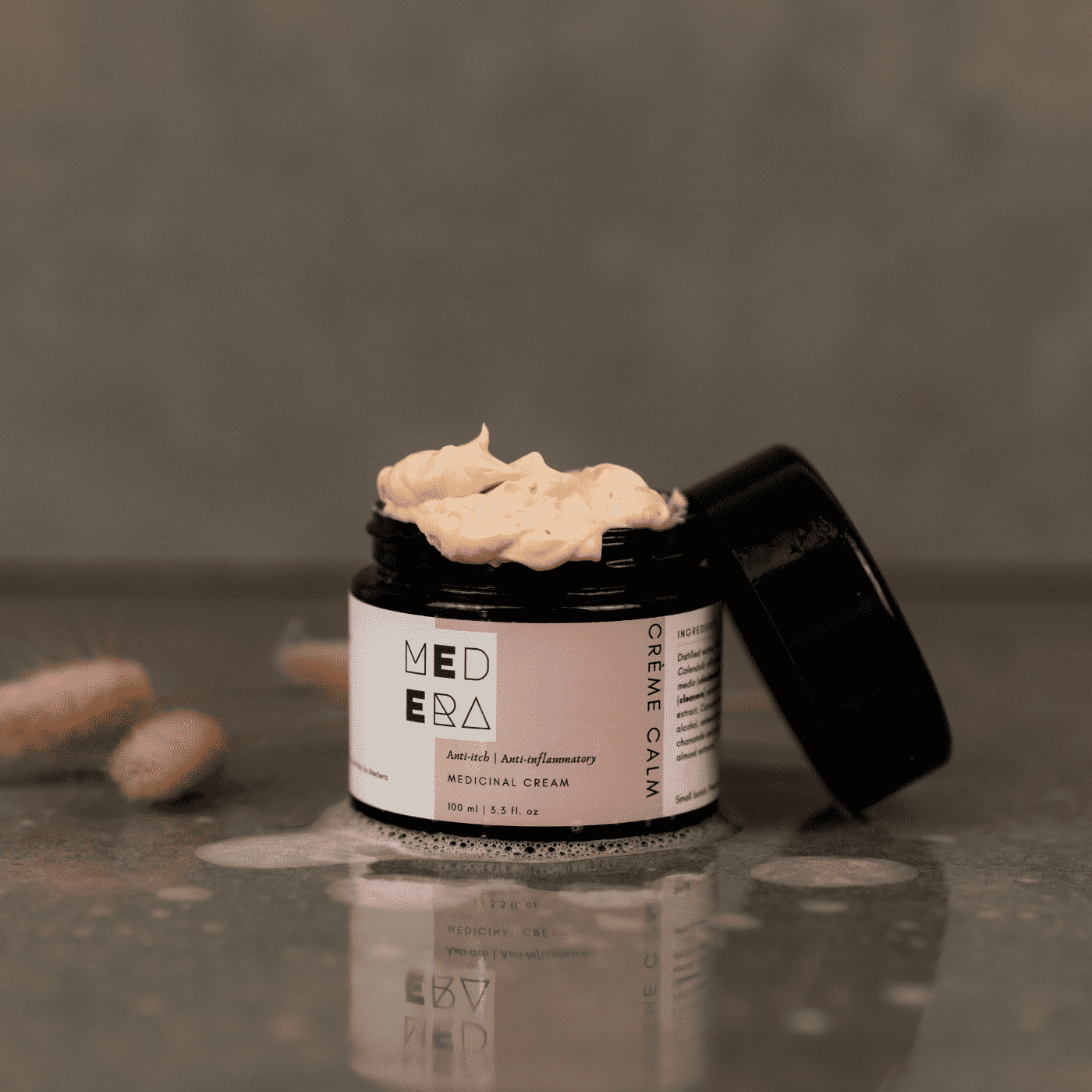
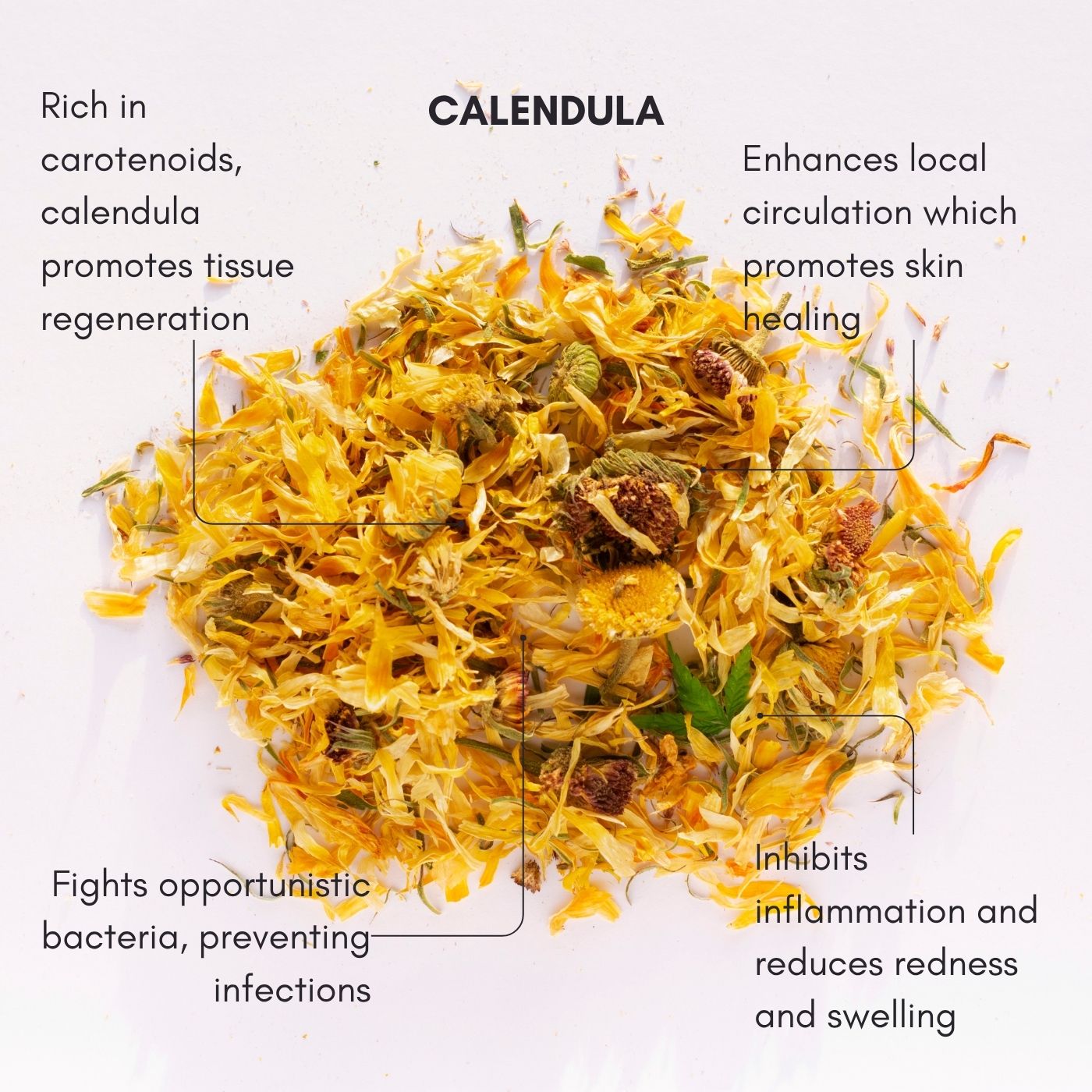
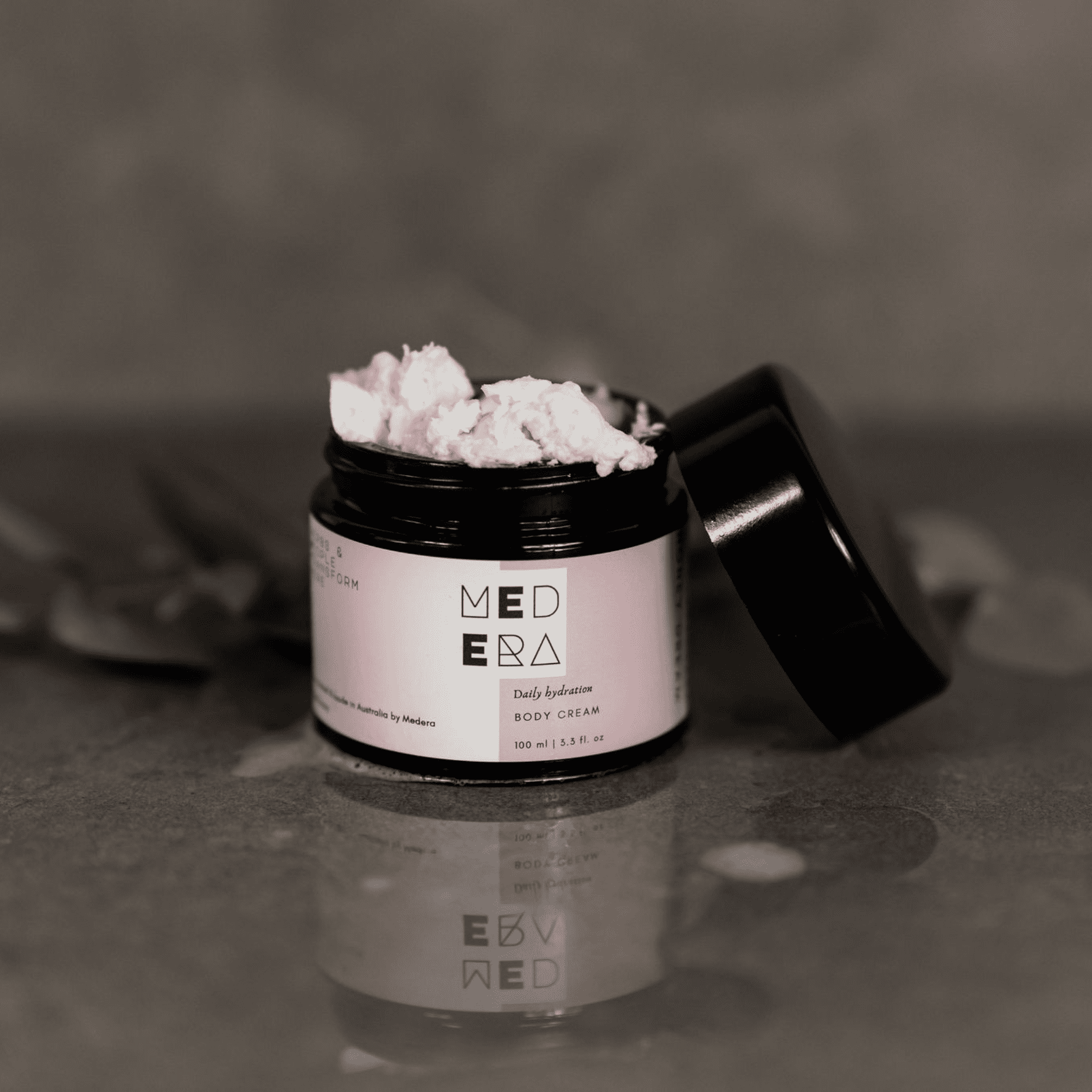

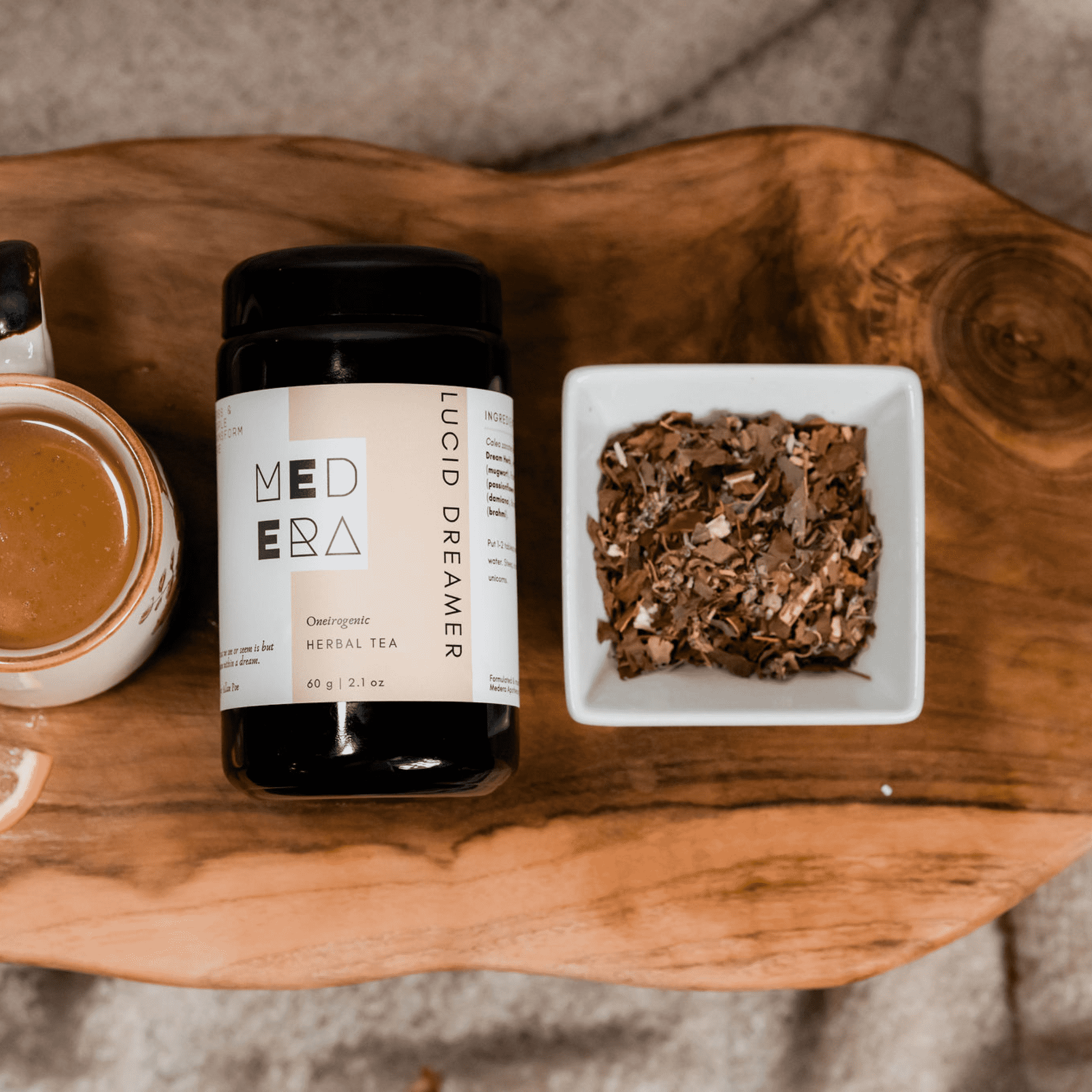
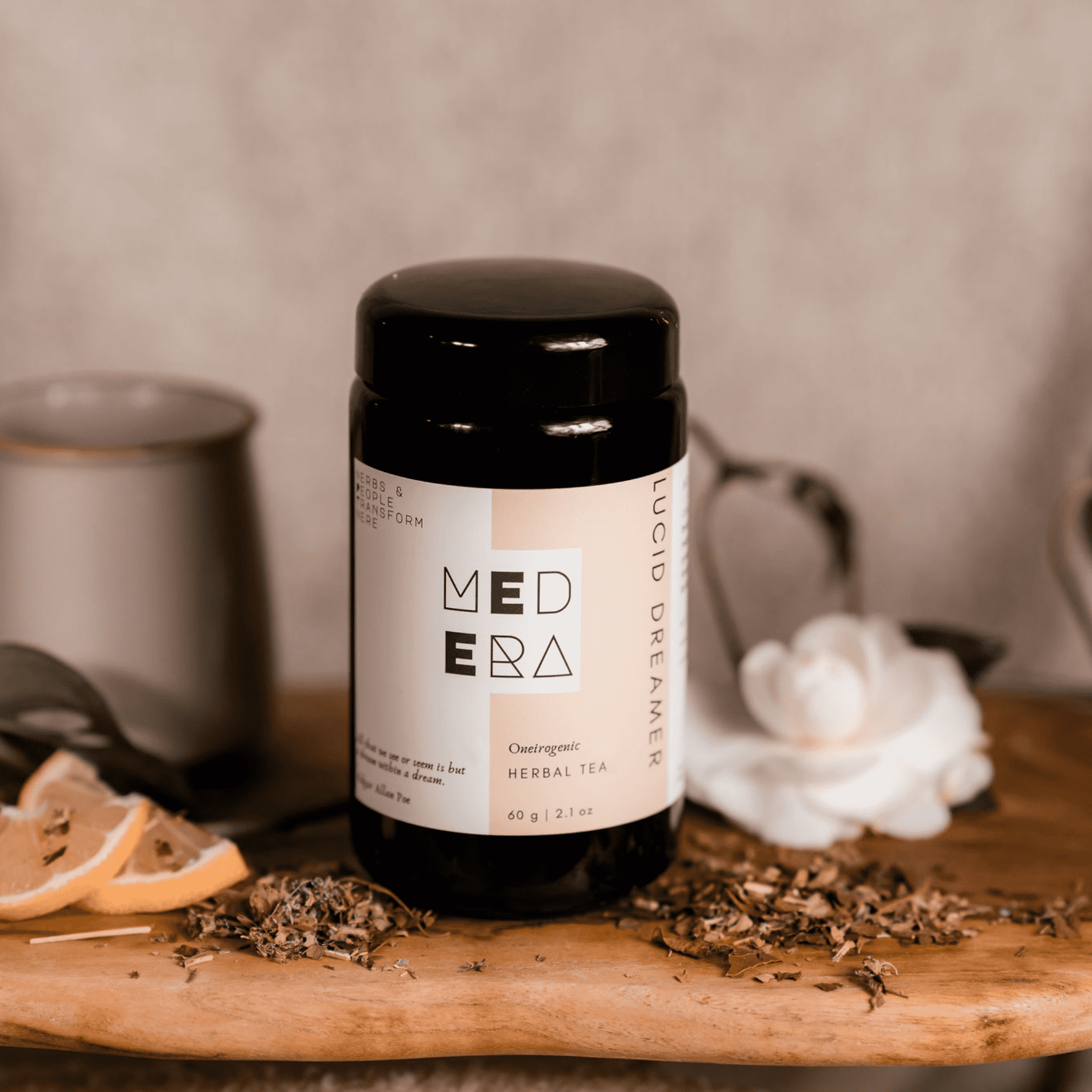
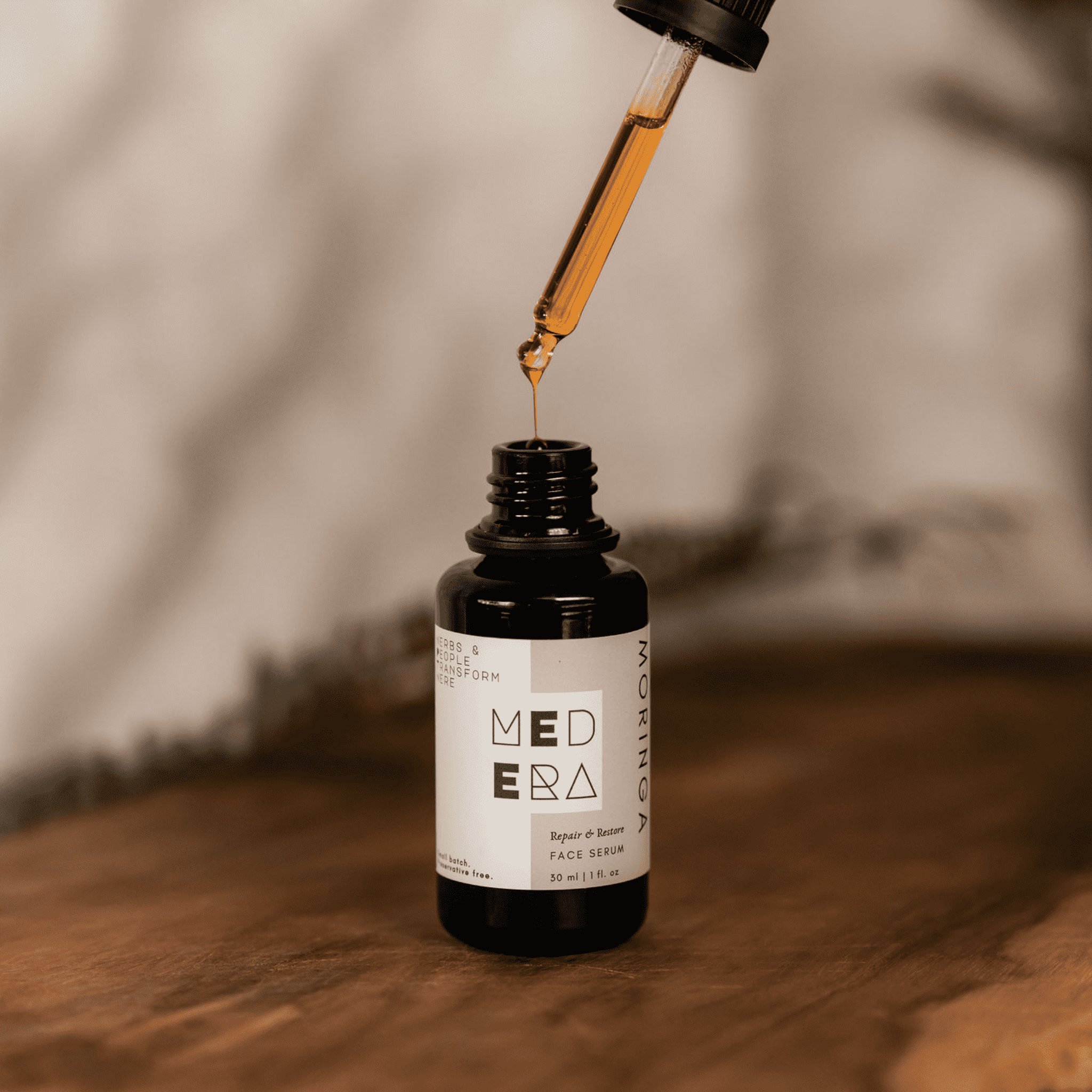
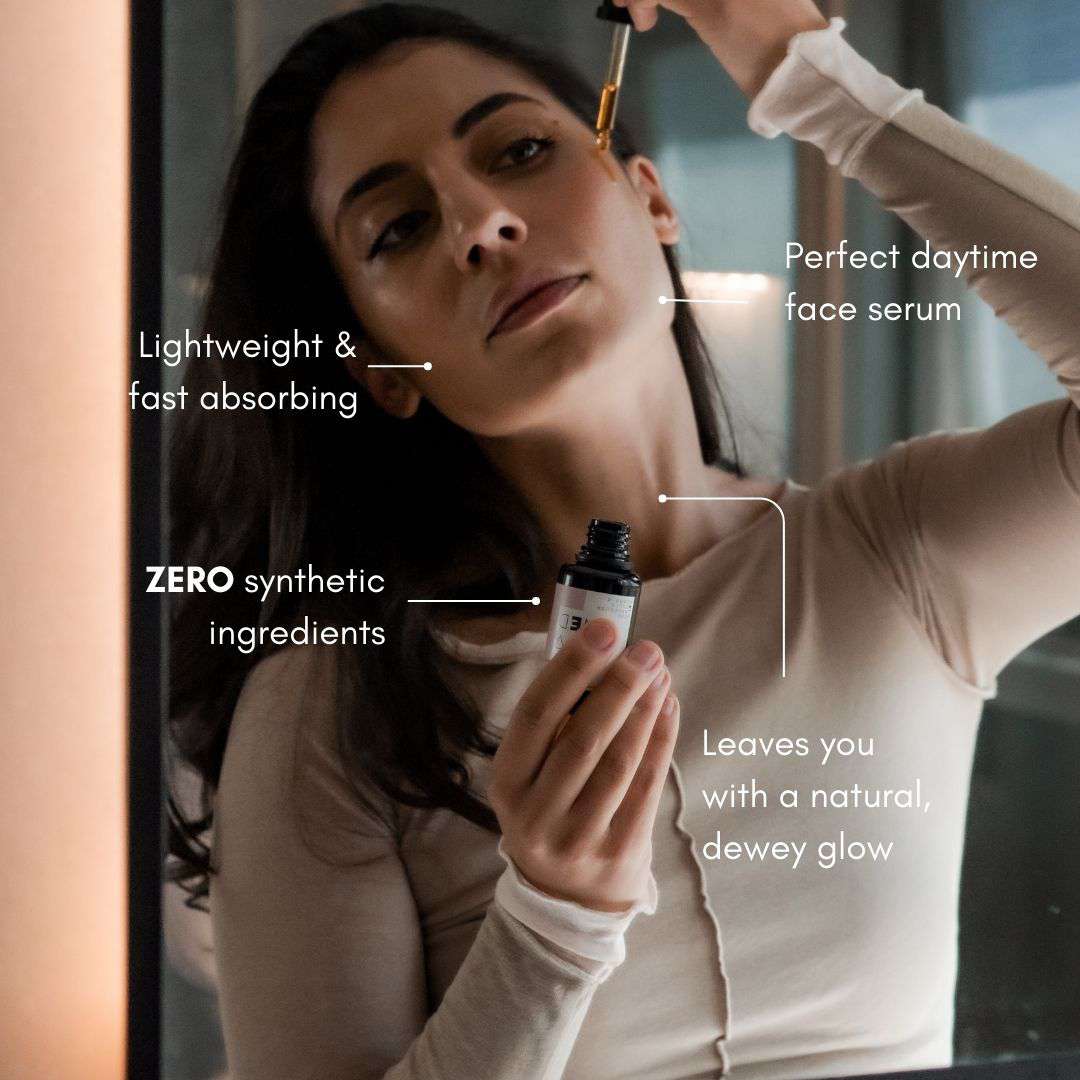
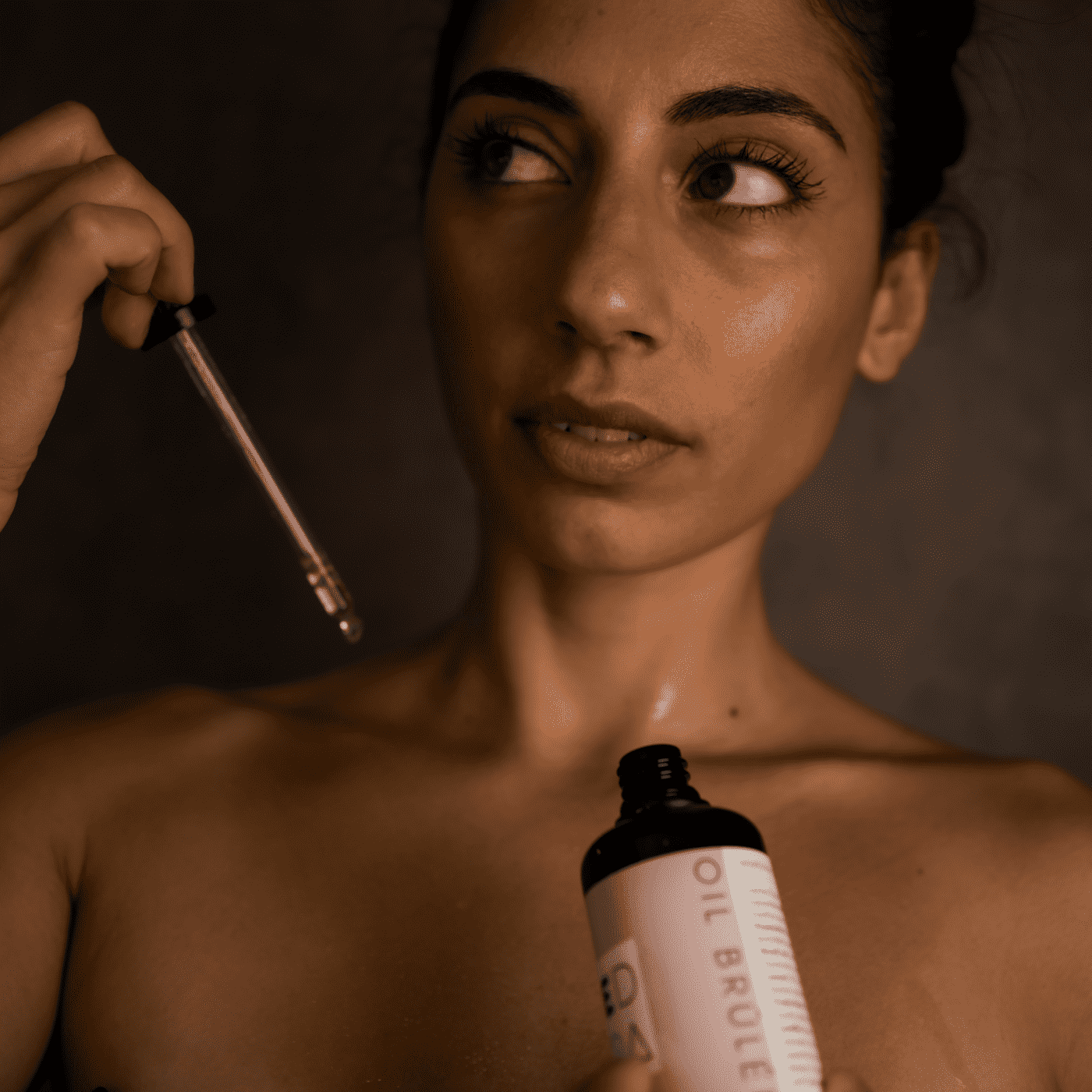

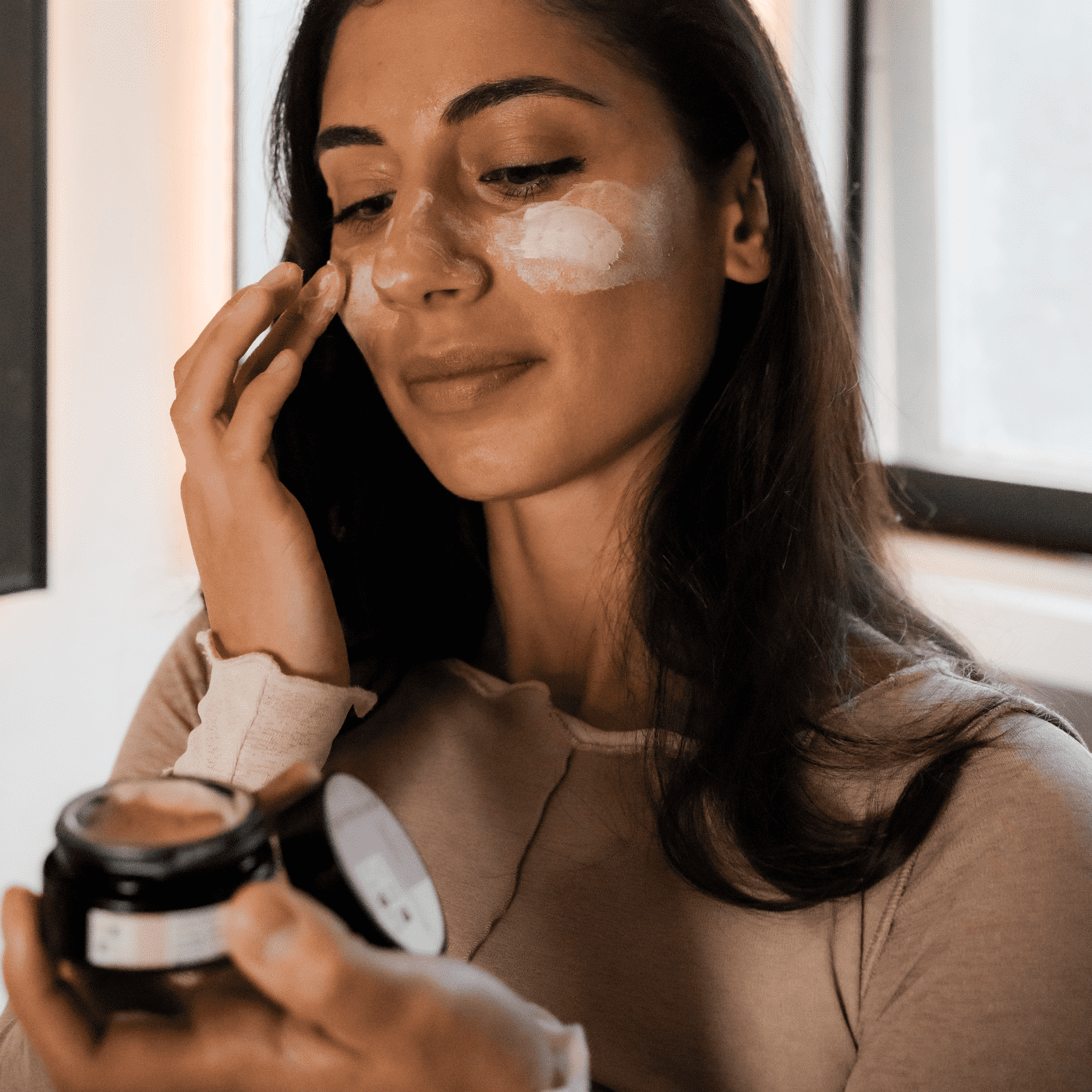
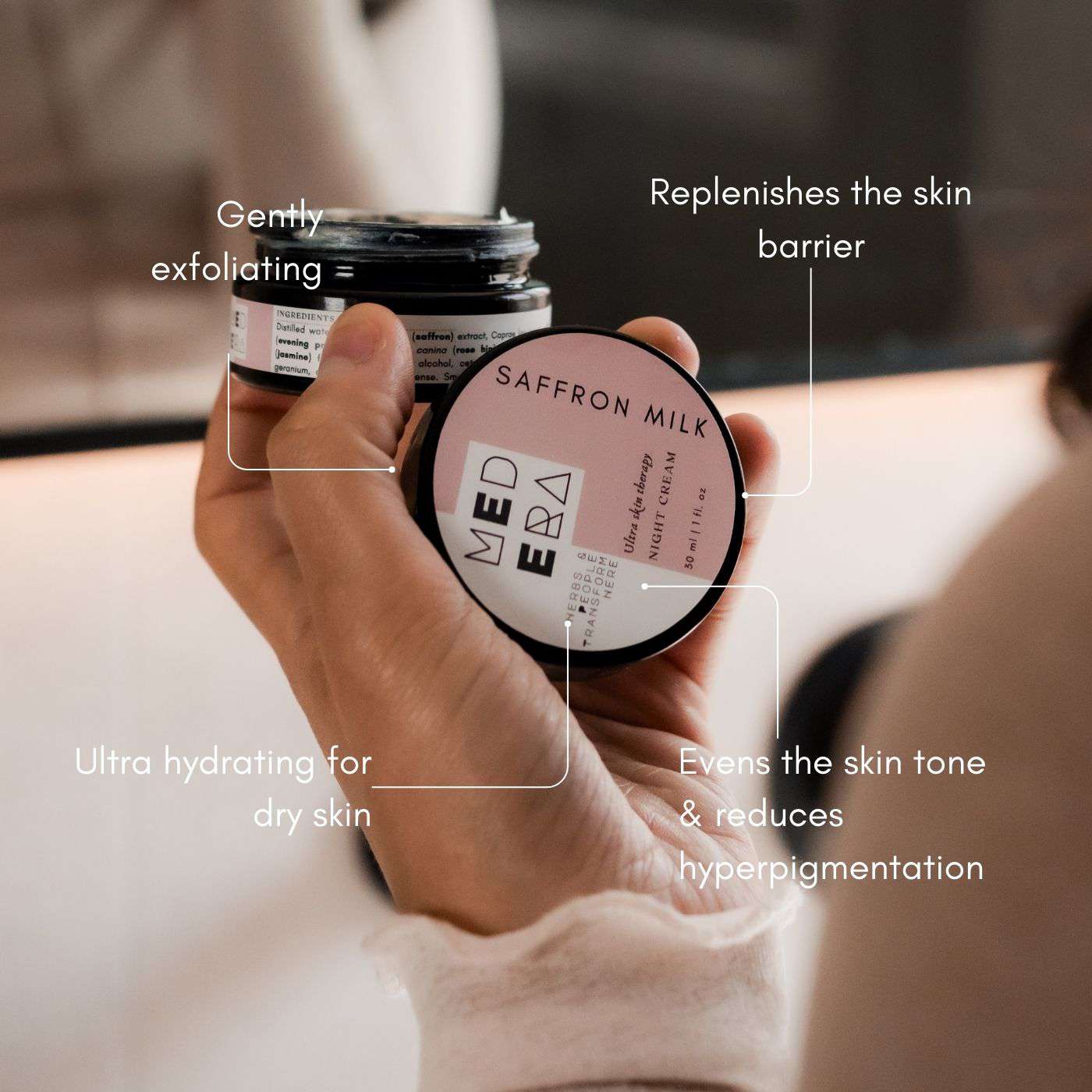
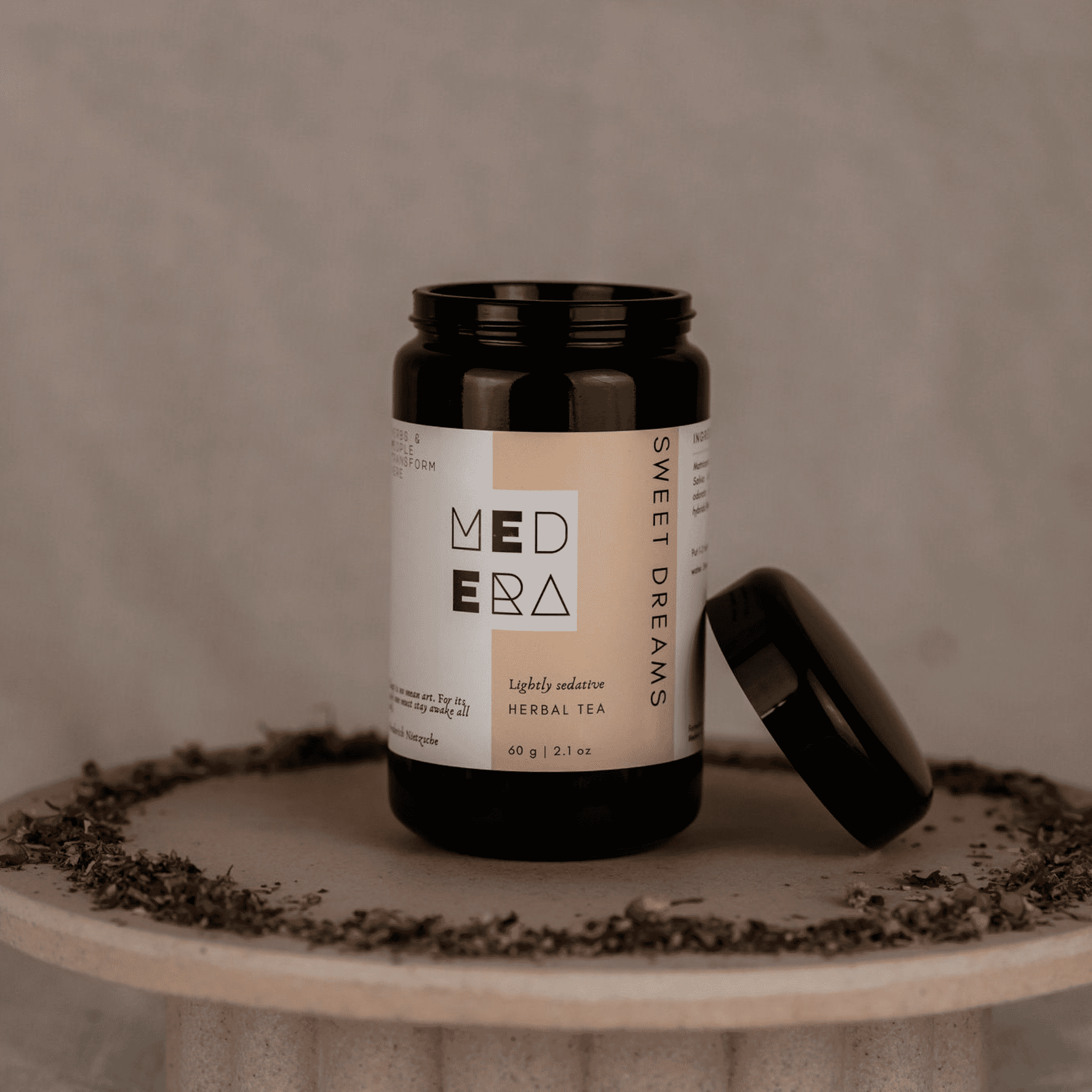
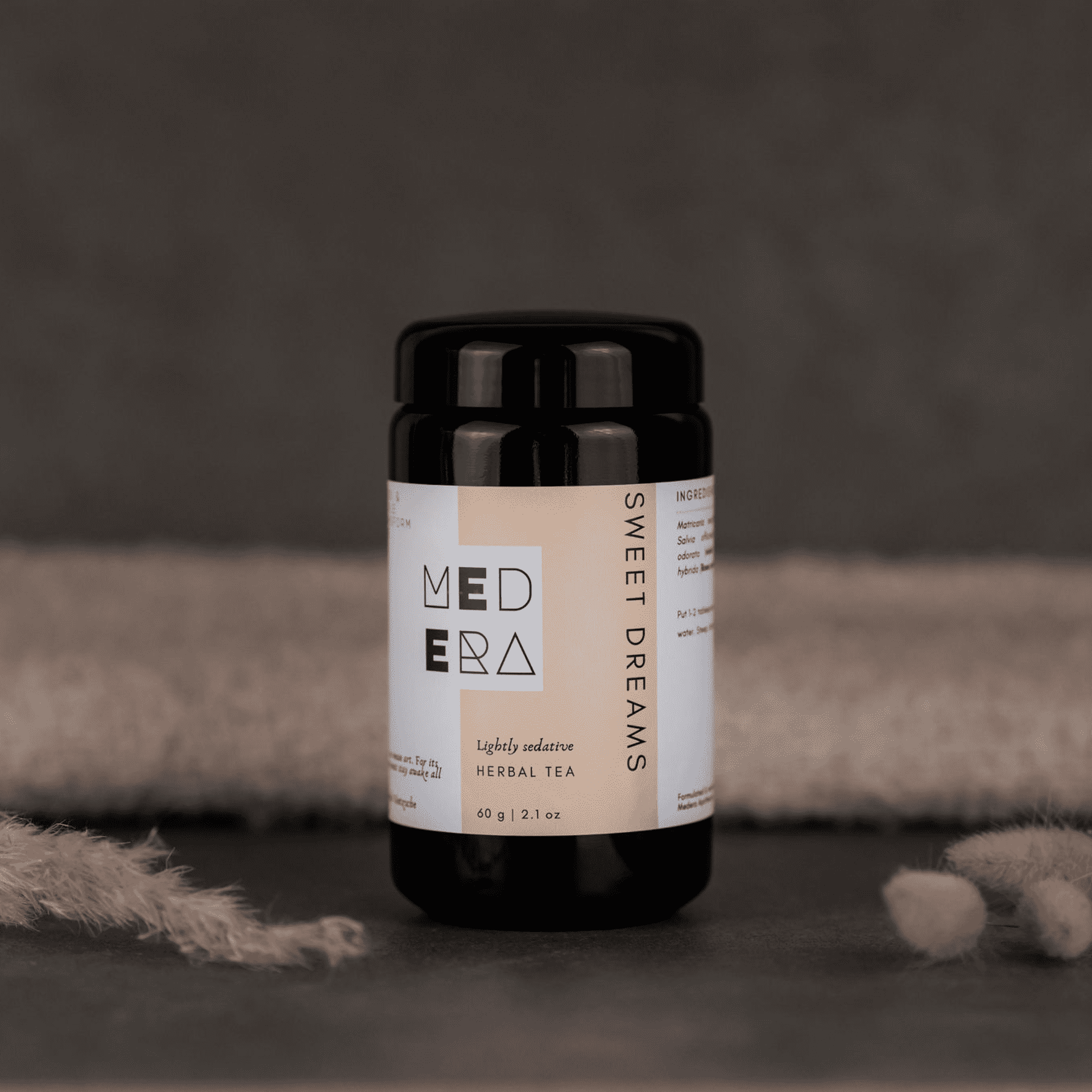

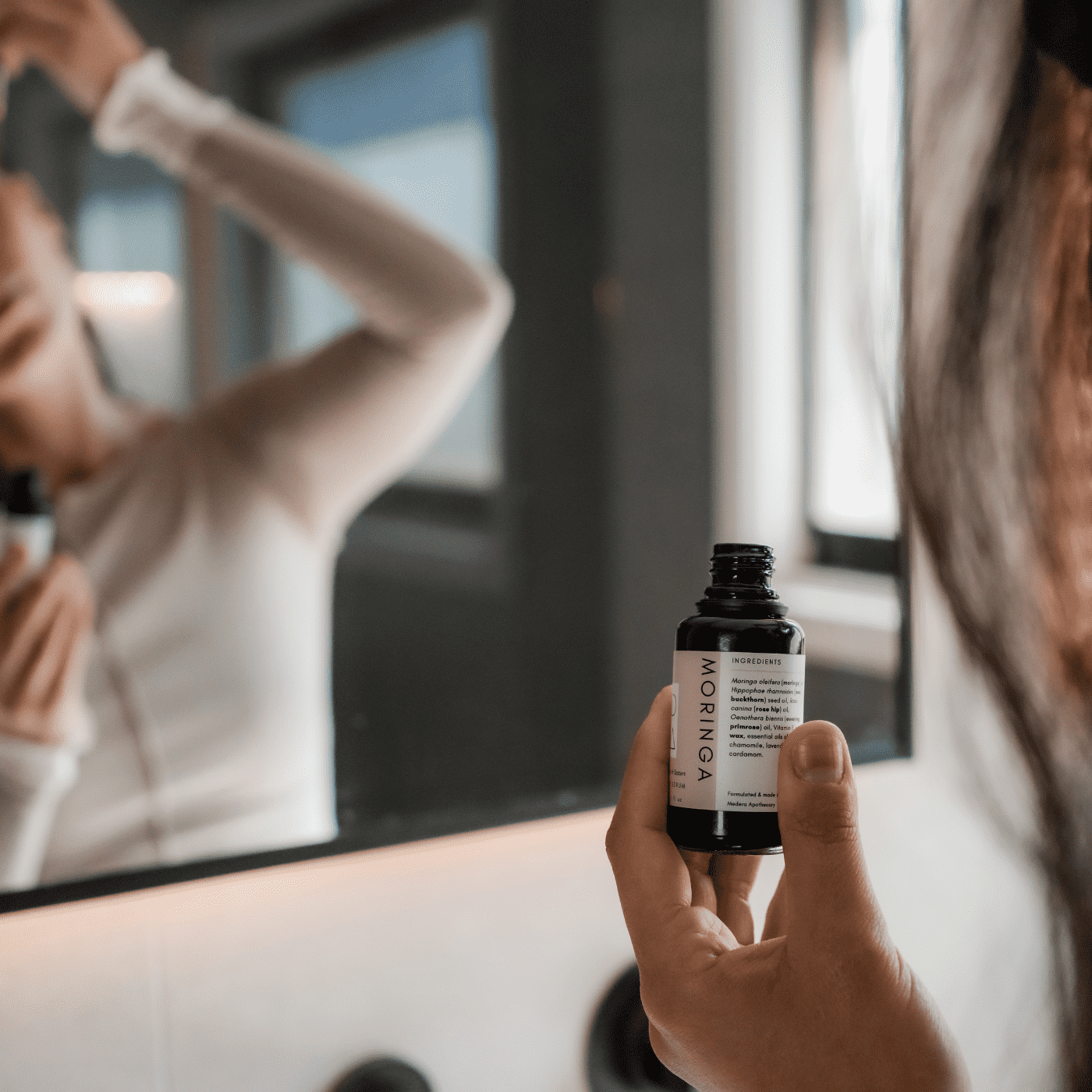
Leave a comment
This site is protected by hCaptcha and the hCaptcha Privacy Policy and Terms of Service apply.